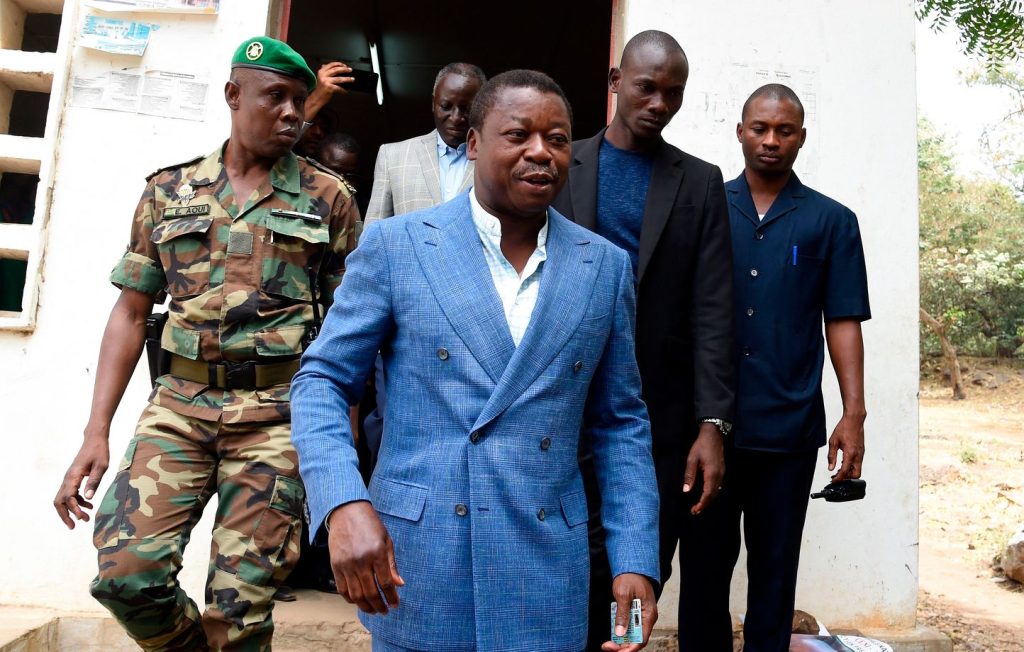Togo will hold its first-ever senatorial elections on Saturday, solidifying a new constitution that opposition parties have strongly opposed, arguing it may enable President Faure Gnassingbe to maintain his grip on power indefinitely.
Some parties have announced plans to boycott the election, and civil society organisations have criticised the parliamentary reform as biased in favour of those in power.
Gnassingbe has been the leader of the nation, which has a population of around nine million, since 2005, when he succeeded his father, who ruled for 38 years.
Initially slated for February 2, the Senate elections were postponed by two weeks in late January, with the government citing the need for additional time to allow political entities to prepare better.
The new constitution abolishes the direct election of the Head of State, introducing a parliamentary system that transforms the presidency into a largely ceremonial role.
Authority will be transferred to the president of the Council of Ministers, a position currently held by Gnassingbe.

The prominent opposition coalition, the Alliance of Democrats for Integral Development (ADDI), has declared its intention to participate in the elections on Saturday.
However, several other opposition factions, such as the National Alliance for Change (ANC) and the Democratic Forces for the Republic (FDR), have chosen to boycott the elections, branding the constitutional changes and Senate election as a “constitutional coup d’etat.”
The Senate will consist of 61 members, with 41 elected by regional and municipal councillors, while the president of the Council of Ministers will appoint the remaining members.
According to the former constitution, Gnassingbe was restricted to one final presidential campaign scheduled for this year. His ruling party, the Union for the Republic (UNIR), won last April’s legislative elections.
Critics labelled the election as an “electoral heist,” alleging it was tainted by significant fraud.


